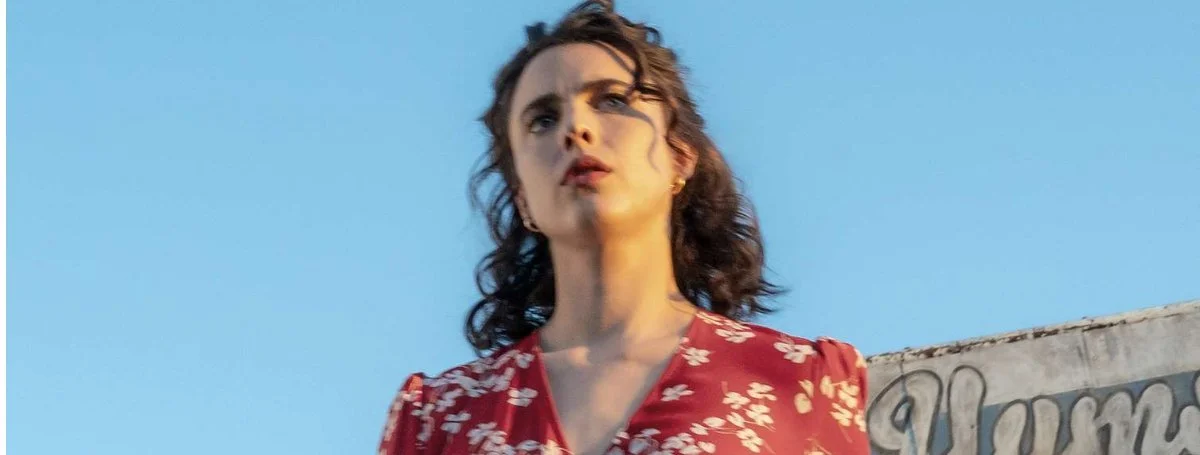Steve McQueen's “Widows” begins with the wondrously set-up image of Viola Davis and Liam Neeson in bed together and passionately kissing. Some of the audience I saw the film with actually gasped at the scene. Was it because Davis is an African-American woman and Liam Neeson is pure Irish white? Quite possibly. The reaction was telling; it showcased how some people are still in total denial that an interracial couple can have a passionate on-screen romance.
McQueen spoke to BuzzFeed about the scene, stating that he tried to “amplify a mixed-race couple kissing in a way that their tongues onscreen is the first image. If you saw it in the street you wouldn’t think twice of it but somehow on the big screen it sort of amplifies and magnetizes what that is.”
The BuzzFeed interview is quite fascinating. It encompasses a wide array of topics, most notably the inherent racism and sexism he's read in some of the film's reviews:
“Through the critique of this movie, I’ve seen sexism in a way and racism in a way, which is interesting, even if it’s a positive review,” McQueen said. “People don’t even notice that, but when you’ve got 90% of the critics are white males, that’s what happens.”
He went on to add, “we need more women directors. We need more black directors,” McQueen said. “We need more of a diversity across the board of representations within movies as well as critics.”
I just re-read my TIFF review of "Widows" and it seems that I didn't focus much on the African-American or female-driven cast. I don't know why I didn't; it never struck me as being as essential as explaining why the film worked on a technical and artistic level.
Of course the development of films with non-White male casts is crucial for the progression of social equality. However, as important as that is, focusing reviews of the film around this is as detrimental. It is basically telling the cast and crew that they are different and are being judged on a different level – which is exactly what they are trying to avoid.
These days, film critics increasingly have the need to mention their own socio-political stance in their reviews. Political theory sneaking into film criticism is nothing new, but it has significantly expanded these last few years with some of the most influential critics having the need to point out anything remotely political in a film. It happened with "Black Panther," with "A Wrinkle in Time," and now with "Widows." Giving a mediocre film a stellar review because of the color of the cast is not doing what these artists are asking for – equal treatment. While I didn’t particularly like “Black Panther” or “A Wrinkle in Time,” “Widows” is high-grade mainstream entertainment done with McQueen's artful eye for the visual. Of course the development of films with non-White male casts is crucial for the progression of social equality.
I'm sure McQueen is bothered by critics having to state that he is a black filmmaker in every review they write. I'm sure he is bothered by critics having to mention that an African-American woman leads the movie and I'm sure he is bothered by film writers all but tapping him on the back for making a 'progressive' movie. He was just trying to make a movie, and pointing out the “blackness” of the movie is still racism.
So, with all that being said, I do agree with McQueen and think a way to solve this problem is to have more diversity in film criticism, to have more people who don't look at it in such a black and white way.






